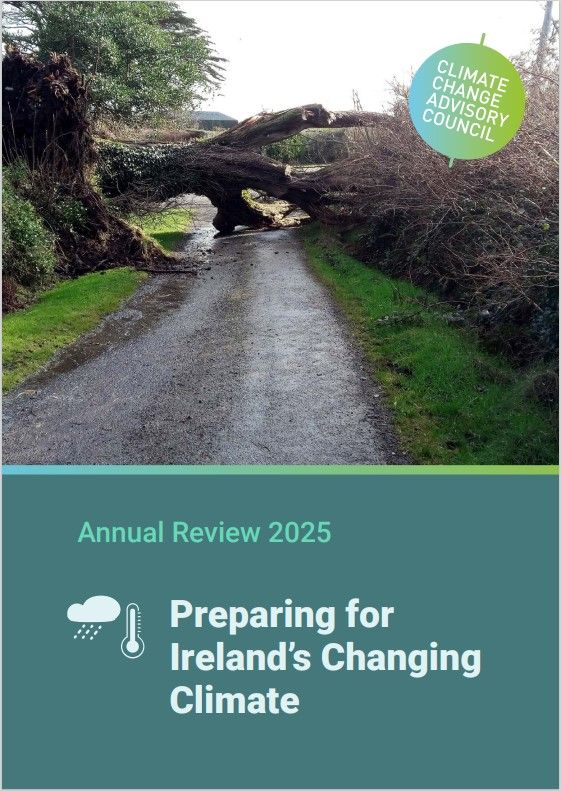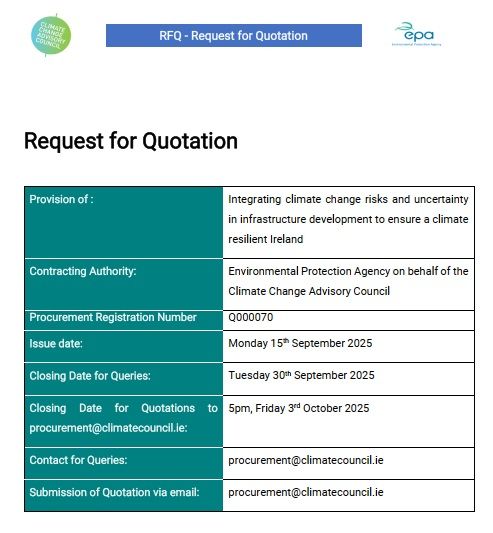Climate Change Advisory Council Ireland
@ccacireland.bsky.social
290 followers
5 following
100 posts
Independent advisory body assessing and advising on Ireland's transition to a low carbon, climate resilient, environmentally sustainable economy. Repost is not equal to endorsement
Posts
Media
Videos
Starter Packs




